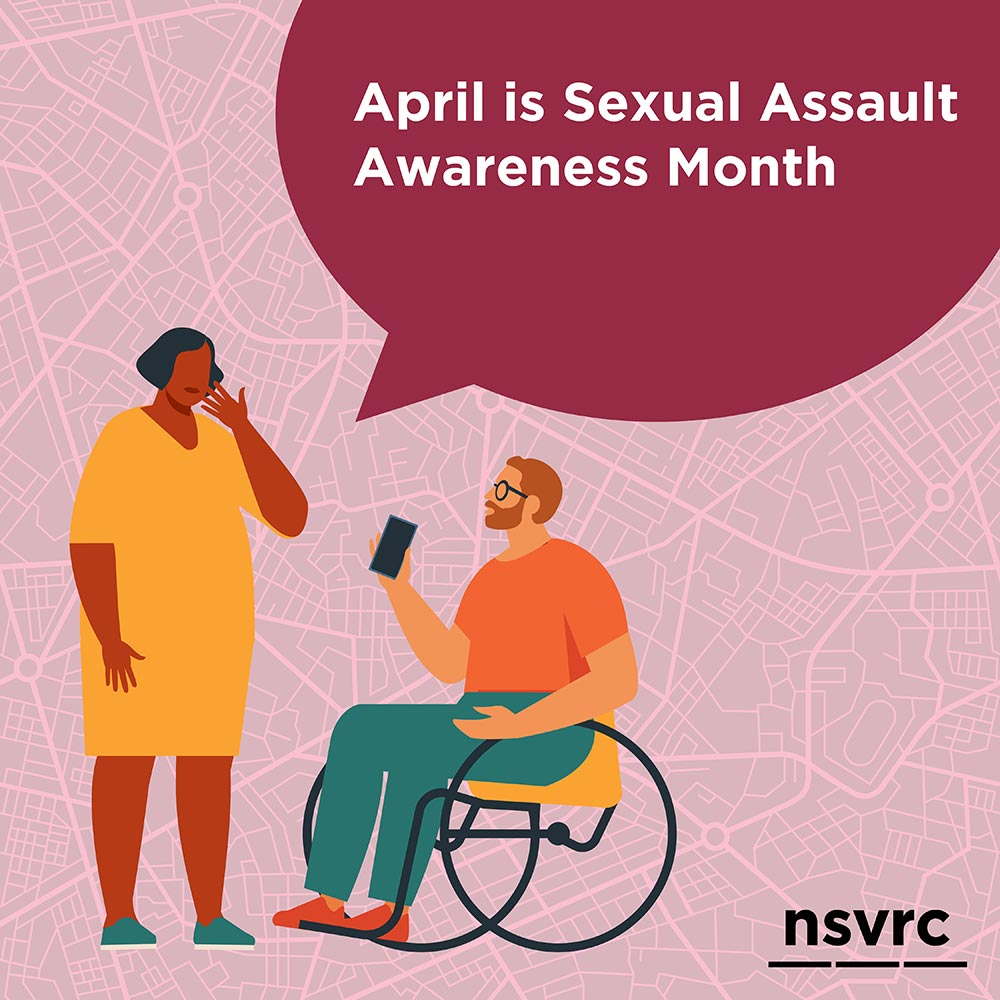April is Sexual Assault Awareness Month

April marks Sexual Assault Awareness Month and it is a timely reminder of how we can contribute to reducing sexual violence. Talking about consent and sexual assault matters, and it can help to raise awareness and prevent sexual violence.
Staff at the Sexual Assault Resource Centre (SARC) can provide support and help make a difference to survivors of sexual assault across WA.
If you live with past trauma, it is recognised that healthcare appointments may be difficult.
Your wellbeing is very important, and you can have a say in how you would like to be treated by a healthcare provider.
SARC has developed a Sensitive Practice Request Form to help you have a say in things that will get you through your healthcare appointment. It also helps healthcare providers with making sure your needs are met in a safe and comfortable environment.
You can print out the Sensitive Practice Request form or complete it online and give it to your healthcare provider before your next appointment. Visit the SARC website to download the Sensitive Practice Request form (external site).
In addition, SARC has developed a comprehensive Supporter's Guide (PDF) deal for family, friends, partners, carers and others supporting an adult who has experienced sexual assault.
This comprehensive resource allows you to learn about the impacts of sexual trauma and how the experience can change behaviours, thoughts, emotions and wellbeing. It also contains suggestions on coping and recovery, and guidance on how to support the person you care about.
Visit the SARC website (external site) to explore the full range of information and resources available for survivors, their supporters and health professionals.

